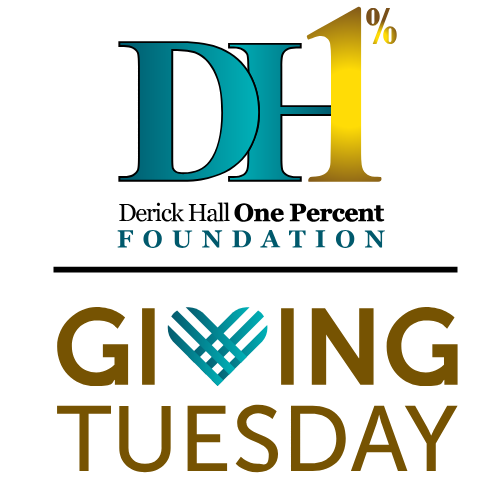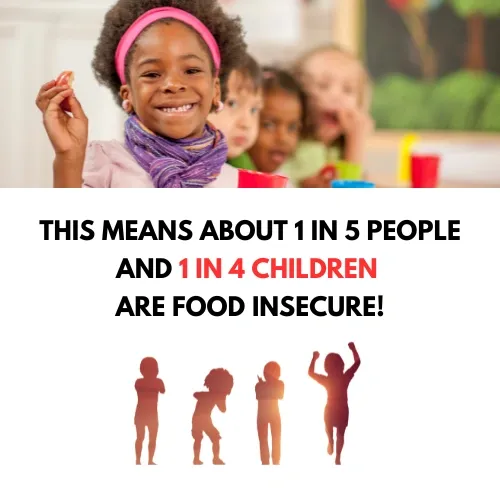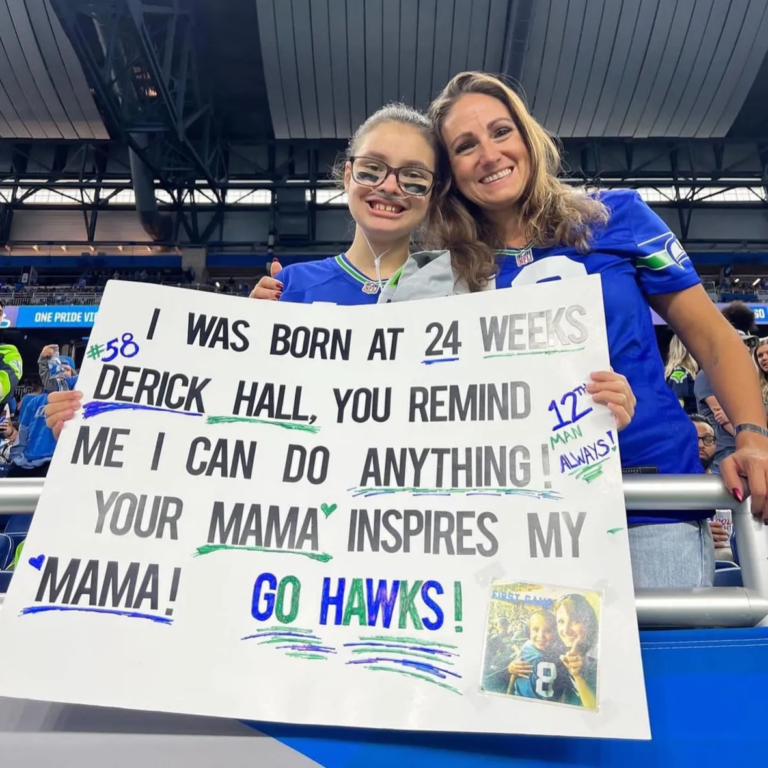RESILIENCE, HOPE, AND A CARING COMMUNITY CAN CHANGE LIVES
Our foundation's story is one of resiliency and hope, inspired by Derick Hall's Journey.

Countdown
Food Distribution Event – June 21, 2025
Join us for our upcoming community food distribution event on June 21st in Gulfport, MS. In partnership with Feeding the Gulf Coast and Extend a Hand Help a Friend, we’ll be providing essential food support to those who need it most.
📍 1526 Mills Ave | Distribution begins at 10:30 a.m.
Because together, we can always make a difference.


Who We Are.
Our foundation's story is one of resilience and hope, inspired by the journey of Derick Hall, a rookie with the Seattle Seahawks. Born as a premature infant with many health complications, Derick's life began with a 1% chance of survival. Against all odds, he overcame immense challenges, including a 99% probability of not walking or talking. Today, Derick is a testament to what can be achieved with determination and the unwavering support of a caring community.
Our work focuses on supporting premature babies and their families, combating food insecurity, and addressing childhood obesity in underserved communities. These initiatives are close to Derick's heart, reflecting his commitment to giving back to the 'village' that nurtured his growth.
Our Passion & Community.
Premature babies and their families
Provide services and therapies to ensure a smooth transition from hospital to home and resources like car seats for premature babies (which cost three times more than full-term baby car seats).
Combating food insecurity
Annually, Derick has provided 300 families with turkeys and a Thanksgiving meal, feeding an average of 1,200 community members.
Youth & Fitness
Underserved communities having access to fresh whole foods and physical activity is essential for healthy, thriving communities.
Why Do We Care.
1 in 10 babies born in the US suffers from preterm birth.
Individual or family we serve: In 2022, the rate of preterm birth among African American women (14.6%) was approximately 50% higher than the rate among white or Hispanic women (9.4% and 10.1%, respectively).
Cost of Premature Births
As Birth Complications Increase, Total Costs Do as Well
An estimated 380,000 premature births occur annually, with significant financial consequences and high medical expenses, particularly for very preterm births.
Extra costs include Longer hospital stays, Special Car Seats for Preemies, and additional expenses for visiting newborns.
1 in 5 kids is at risk of hunger.
Black and Latino children are more likely to face hunger than white children. According to the USDA, in 2022, 29% of black children were food insecure, and 26% of Latino children were food insecure.
States with the highest rate of food insecure children:
1. Louisiana 21.5%
2. New Mexico 20.5%
3. Mississippi 20.4%
4. Alabama: 19.8%
5. Arkansas: 19.7%
Community Event - Launch
of the Foundation.
2024 RECAP
Happy New Year
Thank You for Making An Impact.
Tackling the Odds: Combating Food Insecurity by Serving Healthy Foods
- Across Mississippi, approximately 553,610 people face hunger, including 159,370 children.
- Mississippi has the highest overall food insecurity rate in the United States, with an average of 15.3%.
- Specifically, the rates of food insecurity in Gulfport and the surrounding areas are among the highest in the nation.







